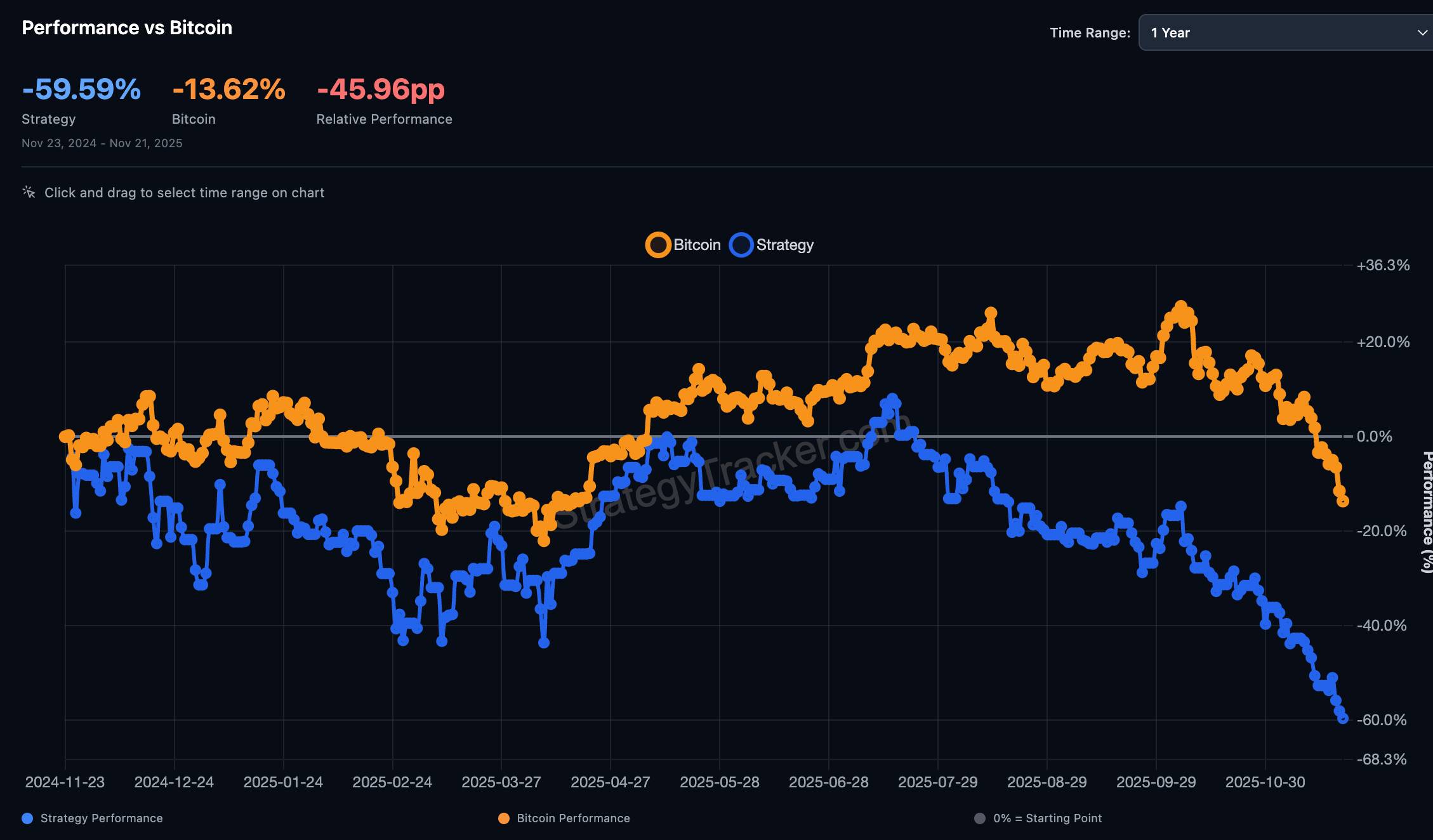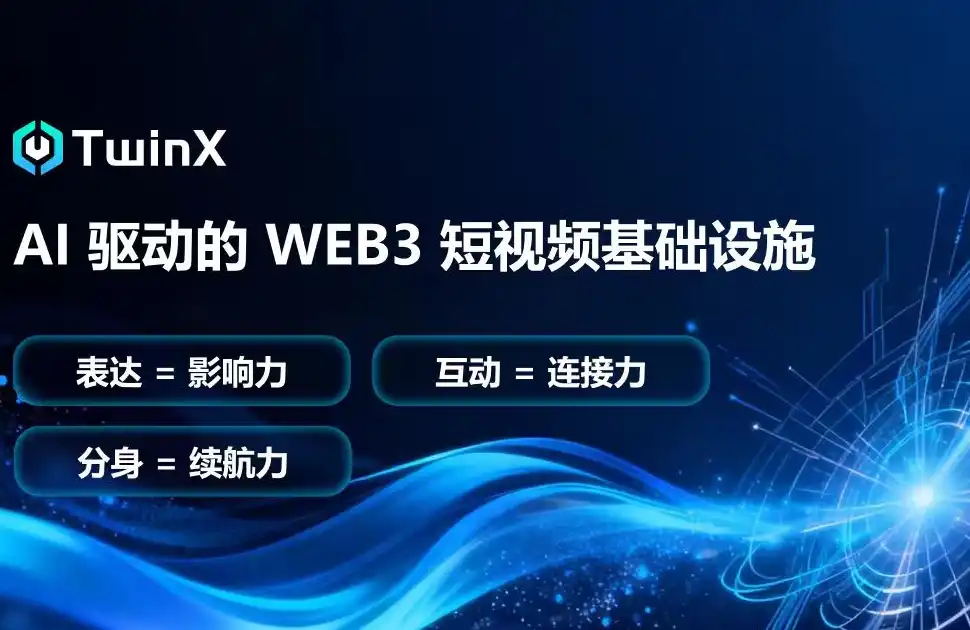-
Michael Saylor, renowned Bitcoin advocate and founder of MicroStrategy, urges the United States to strategically accumulate Bitcoin before global competitors recognize its transformative potential.
-
Saylor highlights Bitcoin’s role as a foundational digital asset that could redefine global capital flows and national financial security in the emerging decentralized economy.
-
According to COINOTAG, Saylor describes Bitcoin as “cyber real estate,” emphasizing its unparalleled security and liquidity as critical advantages for sovereign wealth management.
Michael Saylor calls on the U.S. to aggressively accumulate Bitcoin, viewing it as a strategic asset essential for future global financial dominance and security.
Michael Saylor’s Strategic Vision: Bitcoin as a National Asset for the United States
Michael Saylor’s recent statements underscore a pivotal shift in how nation-states might approach digital assets, particularly Bitcoin. He argues that as the global financial system evolves towards decentralization, Bitcoin will emerge as the primary infrastructure for storing and transferring wealth. This perspective positions Bitcoin not merely as an investment but as a critical component of national economic strategy. Saylor’s call for the U.S. to accumulate Bitcoin ahead of other countries reflects a broader geopolitical imperative to secure digital assets that could underpin future financial stability and influence.
Bitcoin’s Role in the Future of Global Capital Flows
According to Saylor, the migration of capital towards decentralized networks is inevitable, with Bitcoin at the forefront. This shift is driven by Bitcoin’s unique attributes: scarcity, security, and global liquidity. As traditional financial systems digitize, Bitcoin’s decentralized nature offers a resilient alternative to fiat currencies and centralized banking systems. Saylor’s analogy of Bitcoin as “cyber real estate” highlights its value as a secure, immutable asset that governments can leverage to maintain economic sovereignty in an increasingly digital world.
Geopolitical Implications of Bitcoin Accumulation for Nation-States
The strategic accumulation of Bitcoin by governments, particularly the United States, carries significant geopolitical weight. Saylor warns that delayed adoption could result in diminished influence over global financial architecture. Early accumulation provides a competitive edge, enabling a nation to shape the rules and infrastructure of emerging digital economies. This perspective aligns with growing trends where sovereign entities explore digital currencies and blockchain technology to enhance economic resilience and reduce dependency on traditional financial systems.
From Corporate Treasuries to Sovereign Strategies
While Bitcoin adoption initially gained traction among corporations, Saylor’s insights suggest a paradigm shift towards sovereign investment. Governments recognizing Bitcoin’s potential are likely to integrate it into their national reserves as a hedge against inflation and currency devaluation. This evolution marks a critical juncture where Bitcoin transcends its role as a speculative asset and becomes a cornerstone of national financial policy. Saylor’s advocacy reinforces the narrative that early adoption will define the balance of financial power in the coming decades.
Market Reactions and Institutional Perspectives
Market analysts and institutional investors have noted increased interest in Bitcoin as volatility decreases and trust grows. Saylor’s stance adds momentum to this trend, encouraging policymakers and financial leaders to consider Bitcoin’s strategic value. The growing institutional trust reflects confidence in Bitcoin’s long-term viability, further supporting Saylor’s argument for proactive accumulation by sovereign entities.
Conclusion
Michael Saylor’s call for the United States to aggressively accumulate Bitcoin highlights a critical moment in the evolution of global finance. By framing Bitcoin as a form of cyber real estate and a foundational asset for future capital flows, Saylor emphasizes its strategic importance beyond traditional investment paradigms. For nation-states, early and deliberate engagement with Bitcoin could secure a decisive advantage in the emerging decentralized economy. As digital assets continue to reshape financial landscapes, Saylor’s insights provide a compelling rationale for governments to act decisively and position themselves at the forefront of this transformation.




